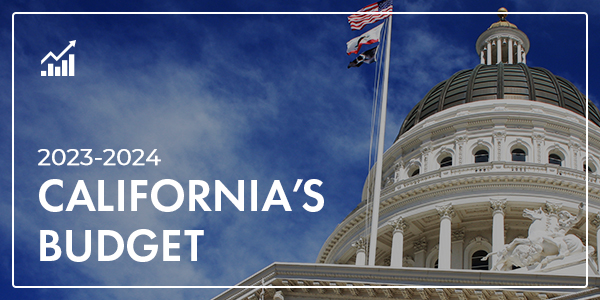Governor Newsom Signs Senator Anthony Portantino’s Drinking Water Protection Bill
For Immediate Release: September 29, 2022
Contact: Lerna Shirinian, (818) 409-0400
Governor Newsom Signs Senator Anthony Portantino’s Drinking Water Protection Bill
Sacramento, CA – Governor Newsom has signed Senate Bill 230, an environmental protection measure authored by Senator Anthony J. Portantino (D – Burbank) that will improve drinking water by investigating contaminants known as Constituents of Emerging Concern (CECs).
“SB 230 will improve consumer protection by helping the State Water Board gather information to understand the public health risk of contaminants in drinking water,” stated Senator Portantino. “Garnering this information is critical in order to implement best environmental practices and strategies. I want to thank the Governor for his signature on this important environmental protection effort.”
Constituents of Emerging Concern are a diverse group of synthetic or naturally occurring chemicals or microorganisms that are not currently regulated in drinking water. In recent years, scientists have discovered new ways to detect CECs in very small amounts. Given this capability, researchers will continue to detect new, unregulated CECs that could include pharmaceuticals, personal care products, or industrial chemicals in trace amounts.
SB 230 requires the State Water Board to establish and maintain a dedicated program for CECs to proactively improve the understanding of their occurrence and public health significance in drinking water sources. In addition, the State Board could create a Science Advisory Panel for a period of three years to gather and develop information for the program and provide a report to the Legislature on the work of the panel by June 1, 2026. The bill requires the program to provide opportunities for public participation through periodic stakeholder meetings and workshops. .
Senate Bill 230 builds on Senator Portantino’s strong record of protecting our water supply. Previously, he authored legislation to require the study of micro plastics in drinking water and to task the California Ocean Protection Council to develop strategies to preserve and protect our precious ocean resources.
“As public concern grows about the potential health risks of CECs in drinking water, SB 230 will help build a comprehensive body of knowledge regarding their occurrence and threats to public health, allowing regulators to prioritize action on the most critical CECs,” Metropolitan Water District General Manager Adel Hagekhalil said. “We are grateful to Governor Newsom for signing the bill and wish to thank Senator Portantino and the Legislature for their leadership on measures to protect water quality. This will help us protect our water supplies as we deal with the changing climate.”
SB 230 would also establish in the State Treasury the CEC Action Fund, which upon appropriation would be administered by the State Water Board. Monies in the fund could be used to establish and maintain the panel, collect occurrence data, develop standardized analytical methods to detect CECs, and support research to fill information gaps. In addition, the bill authorizes the Board, upon appropriation to provide financial assistance to certain public water systems upon a showing that the costs of testing drinking water in compliance with this act would impose a financial hardship, with eligibility preference given to public water systems serving fewer than 10,000 individuals.
“SB 230 will provide meaningful improvements to the study and prioritization of CECs in our state’s drinking water, which is critical for making the science-based decisions we need to protect public health in California,” said Danielle Blacet-Hyden, Deputy Executive Director for the California Municipal Utilities Association. “We are thankful that Governor Newsom signed SB 230 into law and appreciate Senator Portantino championing this important measure.”
Metropolitan Water District and California Municipal Utilities Association are sponsors of SB 230.
###





